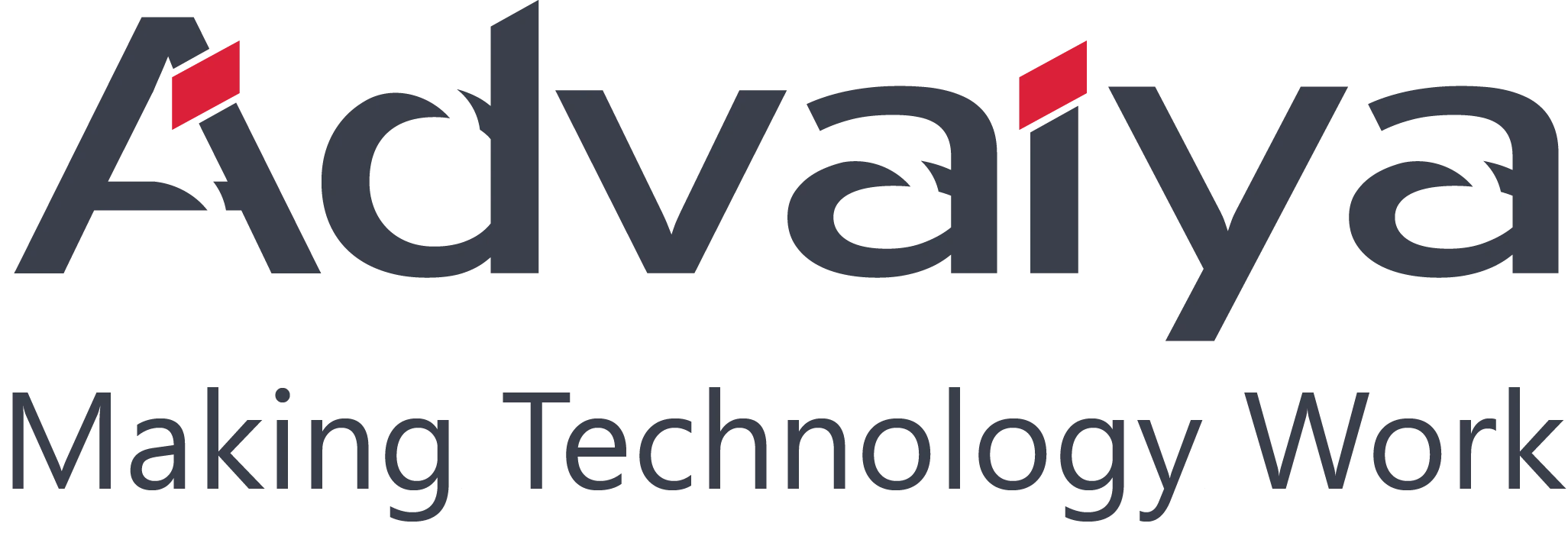- June 24, 2024
- Shishir Garg
Need a more robust financial management system? QuickBooks and Dynamics 365 Business Central are two popular solutions, each with its unique features and benefits. In this blog post, we’ll explore the migration strategies for transitioning from QuickBooks to Dynamics 365 Business Central.
What is QuickBooks?
QuickBooks, developed by Intuit, is an accounting software package widely used by small and medium-sized businesses. It offers on-premises and cloud-based versions, allowing users to manage finances, payments, bills, and payroll functions. QuickBooks is user-friendly and suitable for various industries, but as businesses grow, they often seek more comprehensive solutions.
What is Dynamics 365 Business Central?
Dynamics 365 Business Central, formerly known as Dynamics NAV, is an AI-powered business management solution tailored for startups and small to mid-sized businesses. It goes beyond financial management, offering features for customer engagement, supply chain management, inventory and warehouse management, and project management. Business Central integrates seamlessly with other Microsoft products including Outlook, Microsoft Teams, Power BI etc. making it a powerful choice for organizations looking to streamline processes and gain actionable insights.
Why move from QuickBooks to Dynamics 365 Business Central?
The need for a comprehensive solution
As businesses grow, their financial management requirements evolve. While QuickBooks has been a reliable choice for small and medium-sized enterprises, Dynamics 365 Business Central offers a more comprehensive solution. Here are compelling reasons to make the switch:
- Scalability: Dynamics 365 Business Central is designed to scale your business. As you expand operations, Business Central adapts seamlessly, accommodating increased transaction volumes, users, and data.
- Integrated functionality: Business Central goes beyond accounting. It integrates sales, service, project management, and warehousing. Having all these functions within a single platform streamlines processes and reduces data silos.
- Cloud-based advantage: Business Central operates in the cloud, allowing you to access your data from anywhere, anytime. Say goodbye to manual backups and server maintenance.
- Customization flexibility: Unlike QuickBooks, which has limitations on customization, Business Central allows you to tailor the system to your unique business needs. Add custom fields, page, processes, workflows, and extensions without hassle.
- Peripheral automation: Business Central leverages artificial intelligence (AI) and machine learning (ML) for intelligent automation. From predictive analytics to automated document recognition, these features enhance efficiency.
Migration strategies
Assess your needs: Before migrating, evaluate your business requirements. Consider factors such as scalability, industry-specific features, and integration capabilities. Identify pain points in your current QuickBooks setup and determine how Business Central can address them.
Data preparation: Export relevant data from QuickBooks, including customers, vendors, items, chart of accounts, and opening balance transactions. Business Central allows you to import this data, ensuring a smooth transition.
Account mapping: Plan the mapping of accounts in Business Central. Assign account numbers to general ledger accounts and set up tax accounts if needed. Business Central requires account numbers for accurate financial reporting.
Data migration: Use the Microsoft Data Exporter tool to extract data from QuickBooks. This tool works with QuickBooks 2017 and 2018 versions. Migrate customers, vendors, items, and open documents (invoices, credit memos, etc.) to Business Central.
Outstanding transactions: Apply and backup all outstanding transactions in QuickBooks before migration. This simplifies post-migration adjustments.
Post-migration review: After migration, review unposted transactions in Business Central. Adjust as necessary and ensure data accuracy.
Benefits of Dynamics 365 Business Central
Holistic solution: Business Central offers a comprehensive suite that integrates finance, sales, service, project management, and warehousing into a single platform. This holistic approach ensures seamless collaboration across departments, improves data accuracy, and enhances overall operational efficiency.
- Cloud-based: With Business Central being cloud-based, you can access your data from anywhere and at any time. This flexibility allows you to manage your business remotely, ensures that your data is always up-to-date, and facilitates real-time decision-making.
- Customizable: Business Central can be tailored to meet your specific business requirements. Whether it’s modifying workflows, adding new features, or integrating with other systems, this customization ensures that the platform grows with your business and addresses your unique challenges.
- Peripheral automation: Business Central leverages advanced technologies such as Artificial Intelligence (AI) and Machine Learning (ML) to automate routine tasks. This intelligent automation reduces manual effort, minimizes errors, and allows your team to focus on more strategic activities that drive business growth.
Transitioning from QuickBooks to Dynamics 365 Business Central is a strategic move for businesses aiming to optimize performance and achieve growth. With the right migration strategy, you can unlock new opportunities and streamline operations. Remember, technology should work for you, not against you.
If you’re ready to discover the full potential of your business, it’s time to transition from QuickBooks to Dynamics 365 Business Central. Contact Advaiya today to discuss your migration strategy, explore the benefits, and take the next step toward streamlined operations and growth. Contact us now!
Authored by

Shishir Garg
Shishir Garg, is Head of Accounts & Finance, with over 20 years of experience in guiding financial strategy, driving growth, and optimizing operational efficiency across diverse industries. Proven track record of enhancing corporate financial performance through strategic planning, risk management, and innovative financial solutions. Adept at leading high-performing teams and fostering a culture of accountability and continuous improvement.
Core competencies: Financial strategy & planning, risk management & compliance, financial reporting & analysis, cost management & efficiency, leadership & team building.




